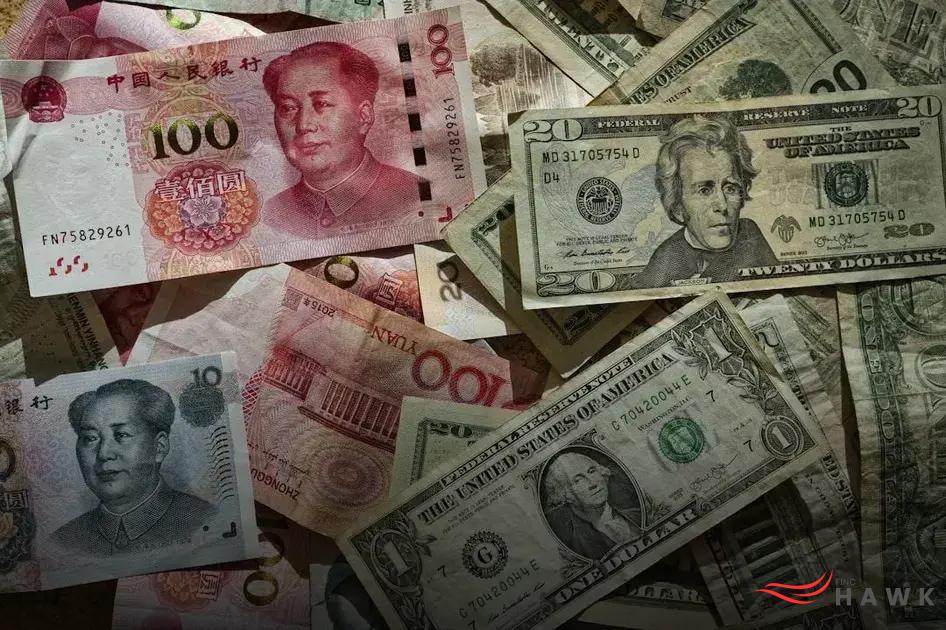When it comes to combating corruption, many countries are turning to innovative technologies. A standout tool is blockchain, known for its potential to enhance transparency and accountability significantly. By focusing on decentralized and tamper-proof records, blockchain offers a revolutionary way to address corruption challenges. In this article, we will explore how blockchain’s core principles are applied to increase public sector transparency, examine case studies where it has been effectively used, and discuss its potential future impact, along with current challenges and limitations. Join us as we uncover how blockchain is reshaping the fight against corruption globally.
Understanding Blockchain’s Core Principles
Blockchain operates under decentralization, meaning that no single authority holds control over the entire network. This ensures that all participants have equal access to data, preventing unauthorized alterations and fostering transparency.
Another critical principle is immutability. Once data is added to a blockchain, it becomes nearly impossible to modify. This aspect holds government records accountable, reducing opportunities for corrupt practices.
The use of cryptographic techniques enhances security, ensuring that sensitive information is protected. These techniques help verify transactions and identities without the need for intermediaries, making processes more efficient and less prone to tampering.
Blockchain’s consensus mechanisms, such as proof of work or proof of stake, ensure that all transactions are agreed upon by the network’s participants. This collective verification process minimizes the risks of fraud and corruption.
Finally, smart contracts automate and enforce agreements. By executing predefined rules and conditions automatically, smart contracts reduce manual intervention, limiting opportunities for corrupt actions.
Blockchain’s Role in Public Sector Transparency

Blockchain technology is reshaping how governments ensure transparency and accountability. As an immutable, distributed ledger, blockchain provides a way to record transactions that are tamper-proof and verifiable by the public. This transparency facilitates trust between citizens and their governments, reducing opportunities for mismanagement and corrupt activities.
One of the standout features of blockchain is its decentralized nature. Unlike traditional systems managed by a centralized authority, blockchain distributes its records across a network of computers. This decentralization means that once information is recorded, it is extremely difficult to alter. This ensures the integrity of data related to public transactions, such as government spending, contract awards, and procurement processes.
By employing smart contracts, governments can automate procedures, ensuring that they are executed exactly as programmed. For example, funds allocated for public projects can be released only when specific requirements are met, preventing any unauthorized diversion of resources.
Moreover, blockchain can improve transparency in public voting systems. It provides anonymity for voters while ensuring that each vote is recorded and counted accurately, significantly reducing the potential for electoral fraud.
Blockchain is also pivotal in increasing traceability in supply chains involving public resources. It allows all stakeholders to track the movement of goods from origin to destination, ensuring there are no discrepancies in public procurement and distribution processes.
Case Studies of Blockchain Fighting Corruption
A variety of case studies highlight how blockchain technology is actively combating corruption in different countries, showcasing its transformative potential. One notable example comes from Georgia, where blockchain is used to secure land registry data, ensuring that property ownership can no longer be altered or forged without detection. This approach has significantly reduced fraudulent property transactions, enhancing trust in the system.
Another compelling case is from Honduras, where blockchain applications are being explored for maintaining accurate records within the land registry system. By doing so, it aims to minimize the risk of illegal property claims that are often associated with corruption. In a similar vein, Estonia is leading with its digital government solutions by embedding blockchain in personal and healthcare records, enabling citizens to own their data and preventing unauthorized tampering.
Moving on to more expansive implementations, Dubai’s initiative to become a fully blockchain-powered government by 2020 showcases an ambitious application of the technology. By using blockchain for a majority of its governmental transactions, Dubai seeks to ensure transparency and reduce the potential for corrupt practices significantly.
These case studies illustrate the varied applications of blockchain in fighting corruption, providing practical examples of its integration to foster transparency and accountability in governmental systems worldwide. The analysis of these case studies reveals not only technological impact but also strategic improvements facilitated by blockchain adoption.
Challenges and Limitations in Using Blockchain

While blockchain offers promising solutions for combating corruption, several challenges and limitations remain to be addressed. One significant challenge is scalability. Blockchain networks can become slow and inefficient as more users and transactions are added, which can hinder their effectiveness in real-world applications.
Data privacy also presents a limitation. Although blockchain is often praised for its transparency, this transparency can clash with individuals’ right to confidentiality. Balancing transparency and privacy concerns remains a complex issue that needs innovative solutions.
Additionally,
regulatory hurdles
can impede blockchain adoption. Many countries lack clear regulations addressing blockchain technology, creating uncertainties and hesitance in implementation. Consistent legal frameworks are necessary to provide guidance and assure stakeholders.
Another obstacle is technological complexity. The intricate nature of blockchain technology can pose challenges for widespread understanding and adoption. Educating stakeholders and simplifying user interfaces could help more organizations leverage blockchain.
Finally, integrating blockchain with existing systems is not always straightforward. It may require significant time, resources, and expertise, which can be a barrier for organizations with limited resources.
Addressing these challenges is vital for maximizing blockchain’s potential as an anti-corruption tool.
The Future of Blockchain in Anti-Corruption Efforts
As technology evolves, blockchain is increasingly seen as a pivotal tool in the global fight against corruption. In the future, blockchain could become even more central to anti-corruption strategies, enhancing its application across different sectors. With its decentralized and immutable nature, blockchain guarantees greater transparency and accountability, two key components in reducing corrupt practices.
Several countries are exploring collaborative efforts using blockchain. This is largely due to its ability to
create secure, tamper-proof records
of transactions. These secure records help in detecting and preventing fraudulent activities. Moreover, smart contracts, an innovation of blockchain technology, can automate processes, reducing the need for intermediaries and thus lowering the risk of corruption.
In public procurements, for instance, blockchain can ensure that bids are open and transparent. This prevents favoritism and unjust competition, making the entire process more equitable. Furthermore, the potential of blockchain to store vast data sets securely could pave the way for cross-border anti-corruption collaborations, increasing international efforts to tackle corruption efficiently.
Despite potential challenges such as regulatory hurdles and the need for technical expertise, the promise of blockchain in creating a corruption-free environment can’t be understated. As technological literacy improves across the globe, the integration of blockchain into anti-corruption efforts is likely to become more pronounced, signifying a radical shift in how we approach this pressing issue.





